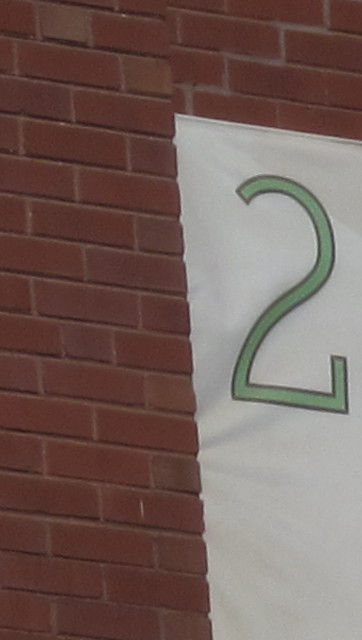Po-em
for John A. Wood
Your words about Williams lodge as proem.
I am still there in that sultry classroom.
We discussed his vanished, Platonic plums
shimmering in the mind of the reader.
You weighed the merits of plums, coming
down, hard, for the value of his po-em.
Leslie Schultz
What do you think? Does the word “poem” have one or two syllables?
That memorable class discussion was the first time I had ever heard the word said so decisively, in conversation, with two syllables.
After yesterday’s post, a sharp-eyed and thoughtful reader raised the question (off-line) of whether the word “poem” has one or two syllables. (Thank you!) This is a great question, one I have been pondering since that graduate workshop at McNeese State University.
We were discussing William Carlos Williams’ famous and evocative “This is just to say…” (see full text, more than a hundred poems, and a full bio of him at the Poetry Foundation website). For those who may not have seen it recently, the poem takes the form of a short note left near the icebox in a kitchen where the hungry person to whom the poem is addressed sought to find those last plums “so sweet and so cold.” The note–one unpunctuated sentence–asks forgiveness because the addresee was probably saving them for breakfast.
In this tiny poem, the most vivid image by far is of those shimmering plums, so desirable and now forever out of reach. Someone in the class, I recall, said that he would not find the theft of the plums easy to forgive. John said decisively, in his resonant, Southern-accented voice, “The plums were gone, true. But in their place was a po-em.”
Two full syllables.
As the reader yesterday rightly observed, illustrating with the famous lines by Joyce Kilmer, (“I think that I shall never see / a poem lovely as a tree”), the word “poem” is traditionally given two syllables. My most recent dictionary, Merriam-Webster’s Collegiate Dictionary, Eleventh Edition, gives both options nearly equal weight, though lists the two-syllable option first. Is this a regional difference? (I grew up in the Midwest, hearing “pome” rather than “po-em”.) Is the language evolving along telegraphic, Twitteresque lines? Or is it, in some respects, inherently ambiguous?
One puzzle often occurs when two vowel sounds (or a long diphthong) are side-by-side. The word “fir,” for example, in unambiguous in its single syllable. Once a silent “e” is added, however, to make “fire” the vowel sound shifts and lengthens. One syllable? Or two? Or, as I do in speech, for “poem”, something in between, a sort-of nestled-in, semi-swallowed, one-and-a-half syllables?
James Joyce’s Pomes Pennyeach, is a collection of thirteen poems composed over a twenty-year period and published in 1927 by the Parisian-based book store and publishing concern, Shakespeare and Company. The small volume sold for a shilling (twelve pennies) and was a play on “poems” and “pommes” (the French word for “apples”)–and, perhaps, knowing Joyce’s multi-layered humor–also on “peach”. It was an Irish tradesman’s “baker’s dozen” or a French merchant’s ligniappe, a little something extra. (Today, I think the American phrase is the bald-faced “gift with purchase”.)
Poets, especially those English language poets who sometimes work within strict metrical schemes, are delighted and daunted by words that taunt us with “now you see ’em, now you don’t” syllables.Certainly it opens up more choices. I think it is part of the magic of English that this feature is embedded with the very word “poem.”
If you have a strong opinion or a stray thought on this topic, please let me know!
Until tomorrow!
Leslie


